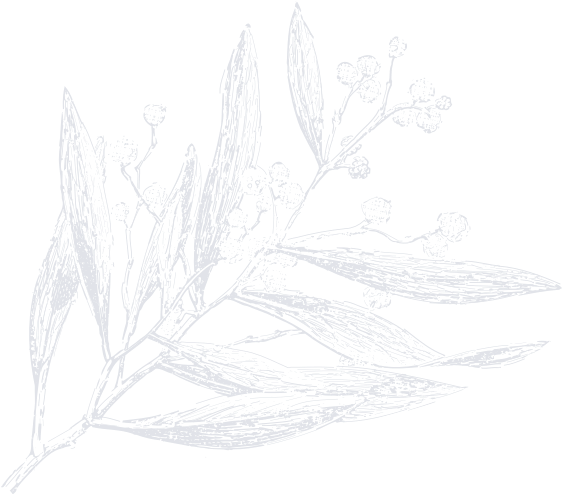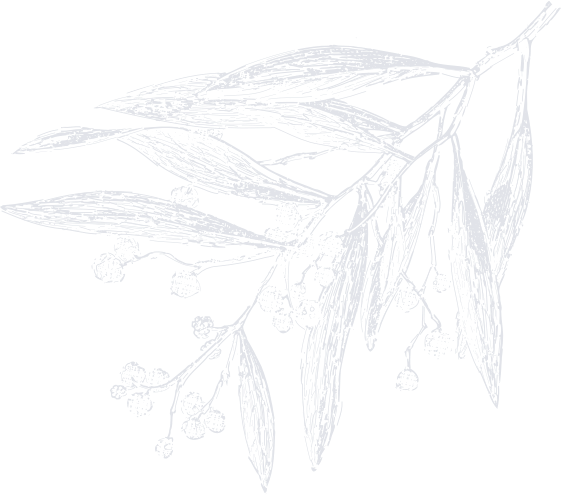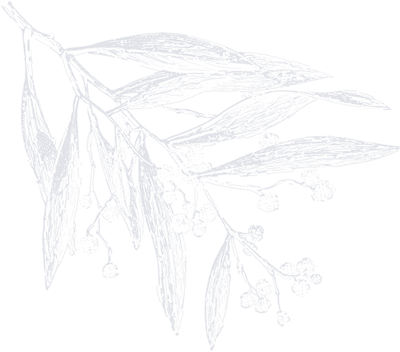This week the national Australian Child Maltreatment Study (ACMS) survey launches! The ACMS is a $2.8 million study funded by the National Health and Medical Research Council and the Australian Government. The ACMS is led by QUT Professor Ben Mathews in collaboration with an international team of researchers.
The ACMS will identify for the first time how many Australians have been exposed to the five different types of child maltreatment: sexual abuse, physical abuse, emotional abuse, neglect, and exposure to domestic violence, as well as the co-occurrence of different types of maltreatment. It is also the first study to assess, at a national level, the prevalence of Adverse Childhood Experiences (ACES) and different forms of bullying in childhood. Vital contextual data – such as the age at which maltreatment most often occurs, and who most commonly inflicts the abuse – will be gathered and used to identify the best ways to protect Australian children.
Sexual violence. A key part of the ACMS is to conduct the most comprehensive measurement of sexual violence ever undertaken in Australia. “We have a strong focus on sexual abuse in childhood, including contact and non-contact acts, sexual harassment, and online victimisation. This is particularly important given current national calls for better prevention of sexual violence,” Professor Mathews said.
Health outcomes. The study also examines associations between child maltreatment and a range of physical and mental health conditions, and other life outcomes across the lifespan. This includes depression and anxiety, diabetes and heart disease, and tobacco, alcohol and drug use.
“Our study’s strong focus on mental health is essential because child maltreatment is the leading preventable risk factor for mental illness and substance abuse.” said Professor Mathews.
Intimate partner violence. Domestic violence experienced in adulthood is also a massive national issue. The ACMS will generate national data about intimate partner violence, including physical violence and multiple types of coercive control, and will determine if this is more common among people who experienced maltreatment in childhood.
The survey will be conducted with approximately 10,000 randomly drawn participants, aged 16 and over from across Australia, who will be invited to participate by advance text message and then by mobile phone. The random nature of the study means participants cannot “opt-in” to the study but must be invited. This ensures a true representation of Australian experiences.
The study will be the benchmark Australian Child Maltreatment Study. The team is working closely with governments and a National Advisory Board to ensure the data is used to help develop the best policies and practices needed to protect Australian children.
The team hopes to conduct further studies to understand how to strengthen resilience and reverse the effects of childhood adversity. Initial results will be available in 2022. Other project outcomes and publications will be added to the website as they become available.
If you need support, please contact Lifeline on 13 11 14 or see our list of support services.
FUNDING ACKNOWLEDGEMENT
The Australian Child Maltreatment Study is funded for five years by the National Health and Medical Research Council, with additional funding and contributions provided by the Department of the Prime Minister and Cabinet, Department of Social Services, the Australian Institute of Criminology, and the Queensland University of Technology.


